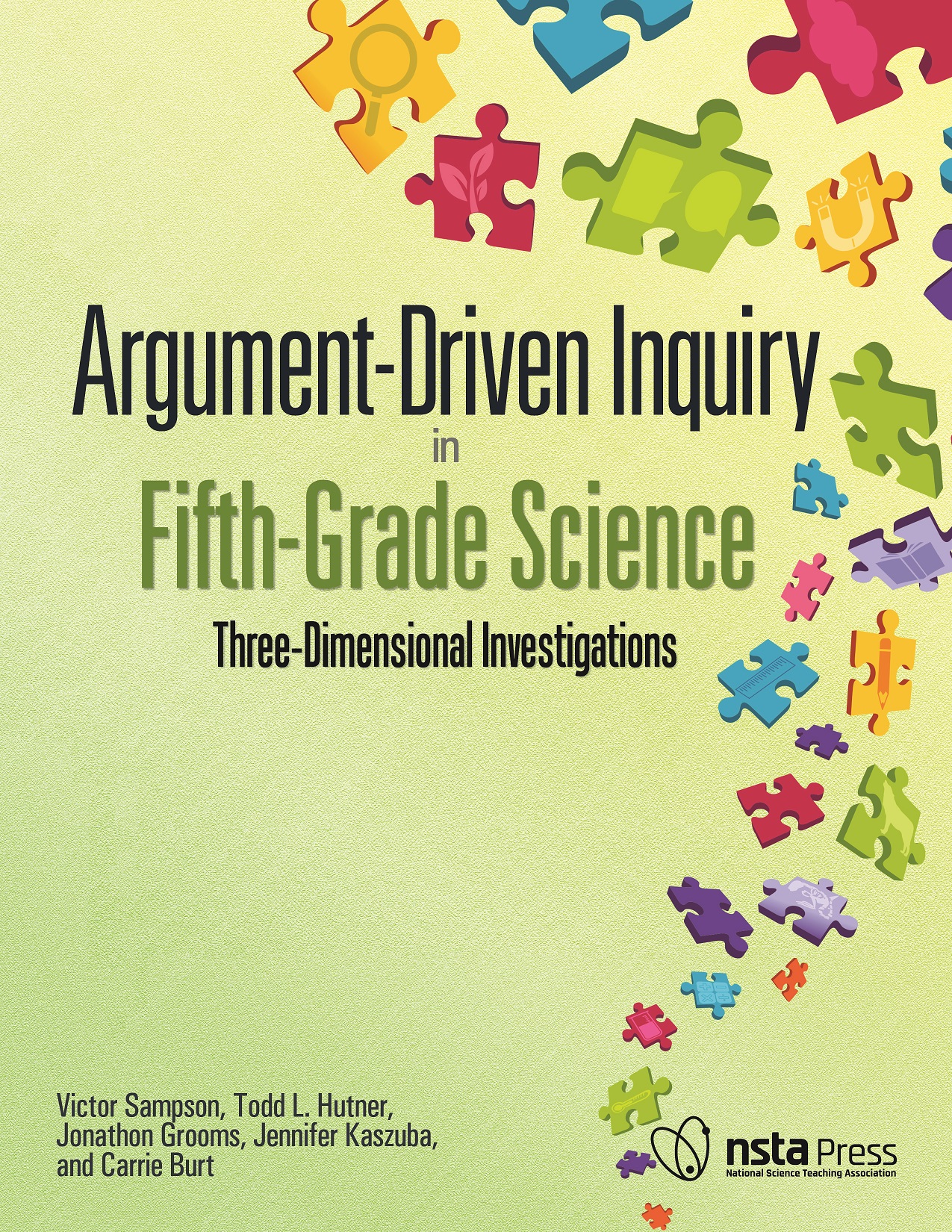Archive: Science Update: Mapping Ozone Pollution Using Satellites and Plants, June 10, 2021
Did you know that ground-level ozone, a harmful air pollutant, is a problem in the US? Ground-level -or “bad” - ozone is toxic to plants and animals – including humans. This invisible pollutant causes lung irritation, harms forests, and reduces crop yields.
We invite you to register for upcoming web seminars at NSTA.
Did you know that ground-level ozone, a harmful air pollutant, is a problem in the US? Ground-level -or “bad” - ozone is toxic to plants and animals – including humans. This invisible pollutant causes lung irritation, harms forests, and reduces crop yields.
We invite you to register for upcoming web seminars at NSTA.
Did you know that ground-level ozone, a harmful air pollutant, is a problem in the US? Ground-level -or “bad” - ozone is toxic to plants and animals – including humans. This invisible pollutant causes lung irritation, harms forests, and reduces crop yields.
We invite you to register for upcoming web seminars at NSTA.
Did you know that ground-level ozone, a harmful air pollutant, is a problem in the US? Ground-level -or “bad” - ozone is toxic to plants and animals – including humans. This invisible pollutant causes lung irritation, harms forests, and reduces crop yields.
We invite you to register for upcoming web seminars at NSTA.




 Are you interested in helping your elementary students learn the practices of science, including constructing explanations and engaging in argument from evidence? Victor Sampson, an author of Argument-Driven Inquiry in Fifth-Grade Science, will explain how the book provides you with the information and instructional materials you need to get started right away.
Are you interested in helping your elementary students learn the practices of science, including constructing explanations and engaging in argument from evidence? Victor Sampson, an author of Argument-Driven Inquiry in Fifth-Grade Science, will explain how the book provides you with the information and instructional materials you need to get started right away.
